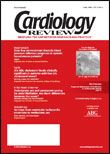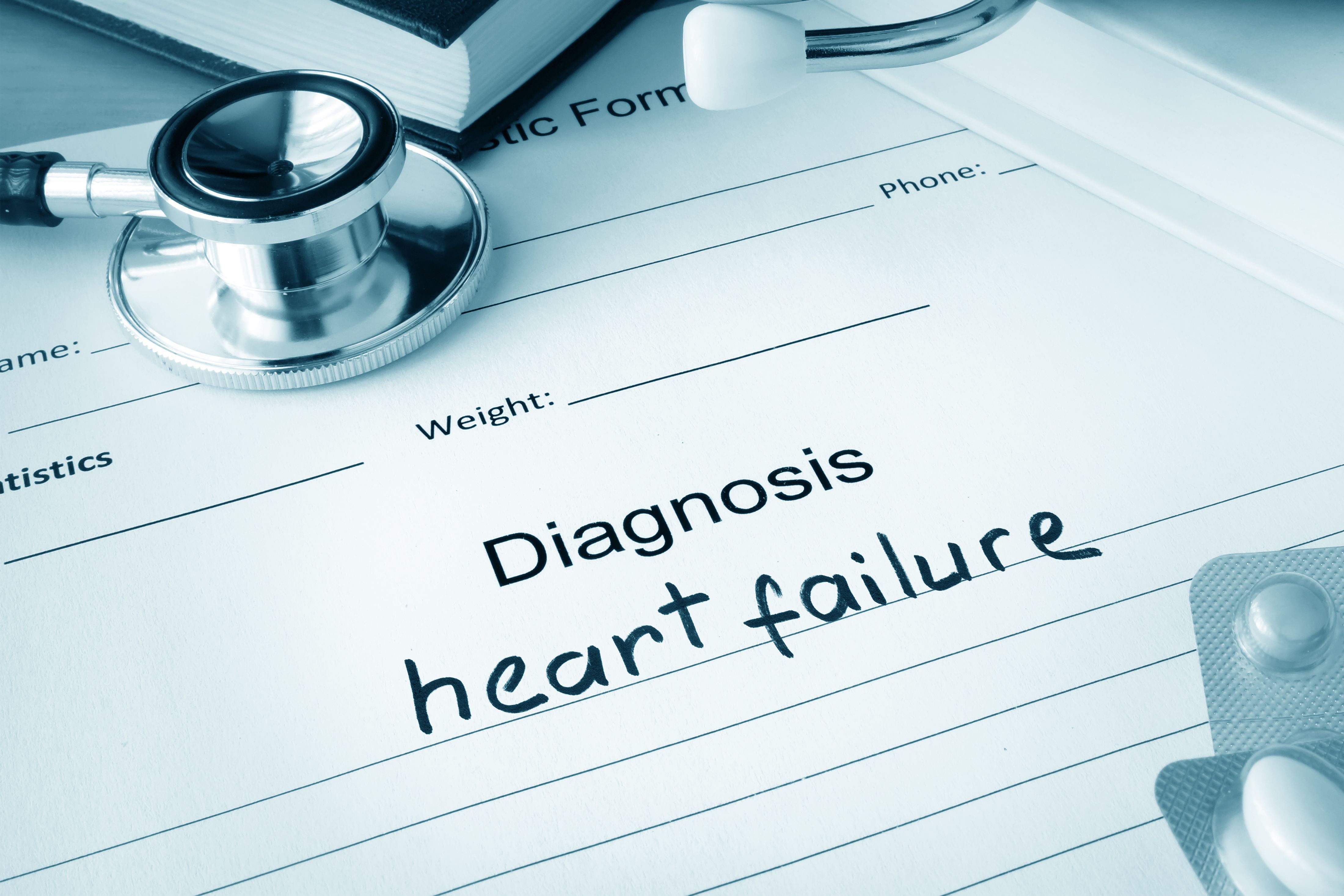Publication
Article
Cardiology Review® Online
Increased creatine-kinase MB level after bypass surgery
A 72-year-old man presented with angina, dynamic ST-segment depression, and increased troponin and creatine kinase-myocardial band (CK-MB) levels above the institutional upper limits of normal (ULN).
A 72-year-old man presented with angina, dynamic ST-segment depression, and increased troponin and creatine kinase-myocardial band (CK-MB) levels above the institutional upper limits of normal (ULN). Initial medical therapy included aspirin, antithrombin therapy, beta blockers, angiotensin-converting enzyme (ACE) inhibitors, and glycoprotein IIb/IIIa inhibitors.
The patient underwent coronary angiography, which showed 3-vessel coronary artery disease. Three days later, he underwent coronary artery bypass graft (CABG) surgery with no complications. Prior to surgery, his CK-MB level had returned to normal, but when his CK-MB level was checked the day after surgery, it was 58 (ULN x 9). He had an uneventful postoperative course and was treated with aspirin, a beta blocker, an ACE inhibitor, and a statin. Based on the results of our study, the patient's increased post-CABG surgery CK-MB level was an independent predictor of worse mortality over the 6-month follow-up period. It is not yet known how to best treat patients specifically for CK-MB elevation, but prudent care would include aggressive secondary prevention. More research is needed to develop agents and strategies for myocardial preservation during CABG surgery.






